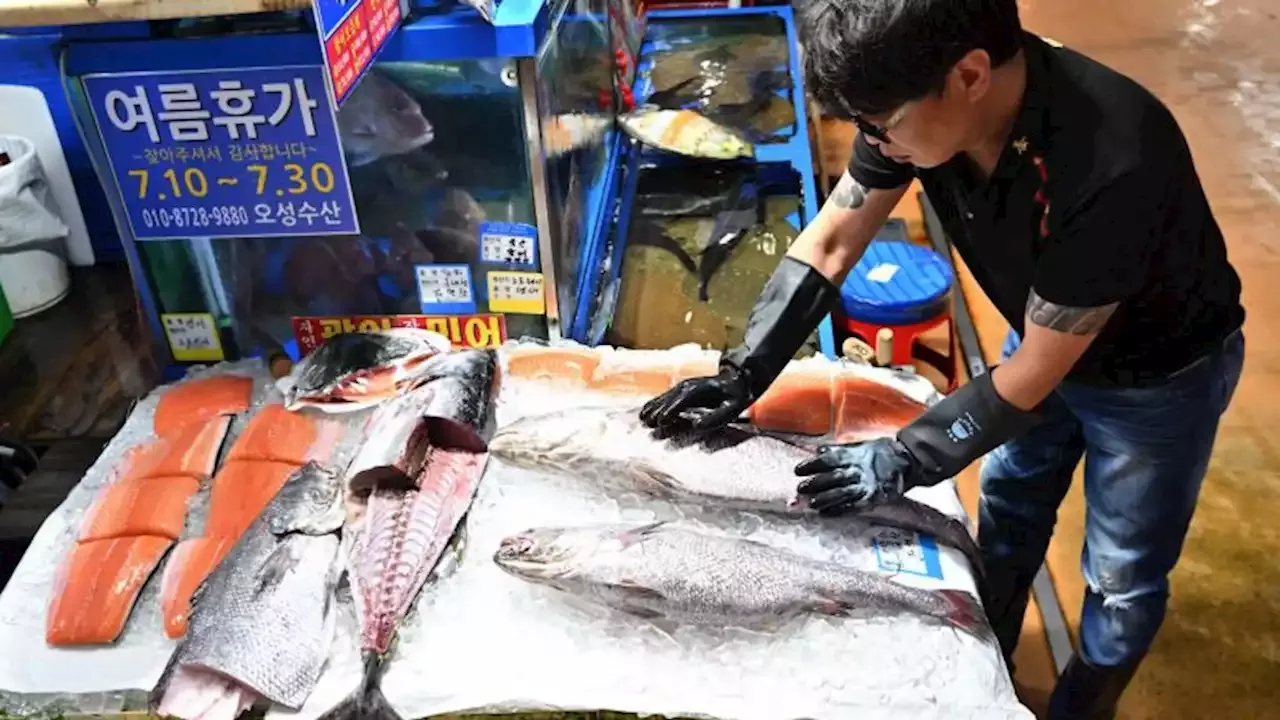For the past month, the country has struggled with severe sea salt shortages as shoppers snap it up in bulk, reflecting heightened public anxiety ahead of the planned release of treated radioactive water from Fukushima, Japan. Japanese authorities and the United Nations’ nuclear watchdog agency have insisted that the plan is safe, meets international standards and matches what nuclear plants do around the world, including those in the United States.
When asked, some shoppers at fish markets told Korean media outlets and CNN affiliates that they might stop eating seafood once the wastewater is released. Other countries are also taking action. On Friday, China announced it was banning imported food from 10 Japanese prefectures including Fukushima and stepping up its inspection and monitoring processes for food from other parts of the country.
